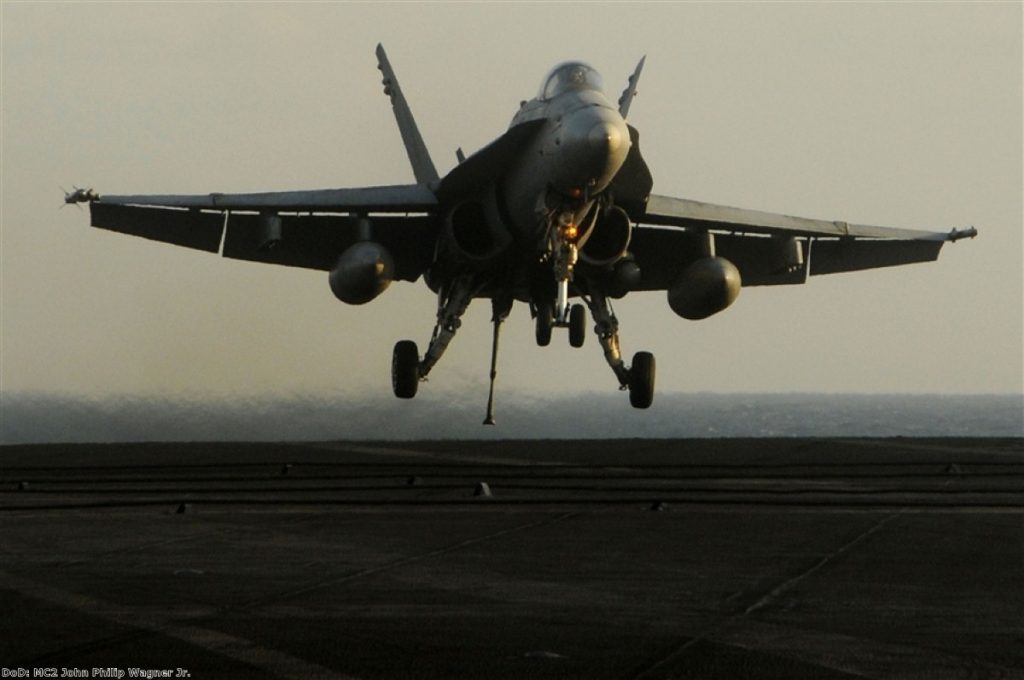Britain’s aircraft carriers vulnerable to missile attack, MPs warn
By Adam Bienkov
Britain's aircraft carriers could be left vulnerable to attack due to delays in building the radar system designed to protect them, MPs have warned.
The two new multibillion pound aircraft carriers are due to begin operation in 2020.
However a damning new report by the public accounts committee found that the system designed to protect them from missile attacks will not be completed until at least 2022.


The delay means that Britain could be forced to keep the carriers out of harms way or even rely on allies to protect them, the Ministry of Defence admitted.
MPs also found that the cost of building and stocking the carriers had spiralled out of control due to a "history of making poor decisions" by the department.
They warned that the programme still faces major risks to its cost and feasibility.
"The committee is still not convinced the MoD has this programme under control. It remains subject to huge technical and commercial risks, with the potential for further uncontrolled growth in costs," committee chair Margaret Hodge said.
"We are also concerned that, according to current plans, the early warning radar system essential for protecting the carrier will not be available for operation until 2022, two years after the first carrier and aircraft are delivered and initially operated."
The coalition government first decided to change the type of aircraft on the new carriers in 2010, but reversed their decision after the cost of converting the carriers spiralled to £2 billion.
MPs estimate that the cost of reversing that decision will be around £74 million, with the overall cost of the project now in excess of £5 billion.
They also warned that the department may not have the appropriate skills to manage the carrier programme, despite having over 400 members of staff working on it.
The Ministry of Defence said that they were working to bring the carrier programme under control.
"We are currently negotiating with industry to seek to secure proper alignment between industry and the MoD over the balance of the project and so bring the costs under control," defence secretary Philip Hammond said today.
"As the National Audit Office recognised in their report in May, the MoD acted swiftly to switch back to short take off vertical landing aircraft as soon as it became clear that the alternative would cost more money.
"In doing so, we did incur some costs… of £74m − but we did so in order to save £1.2bn, a clear demonstration of our commitment to safeguard taxpayers' money."









